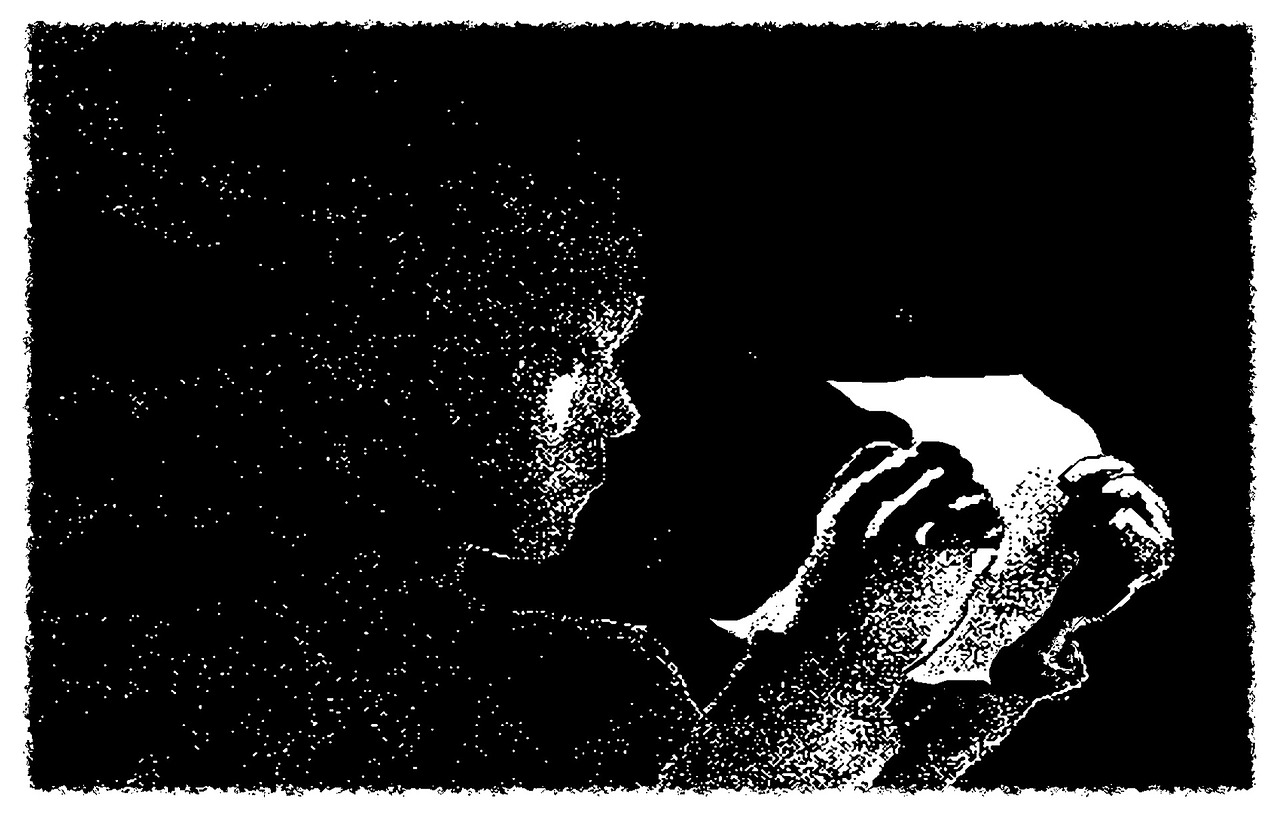The year winds down to its end and your child’s teacher is urging you to hold your child back a grade and maybe have him or her evaluated for a learning disability. Against your hopes, you do hold them back and have an evaluation done, verifying that your child does have a disability.
This is the story for many parents… Including mine. I was held back and evaluated. I was diagnosed dislecsyc and placed in several special learning programs while growing up. For years, I had no concept of what was going on. I didn’t know that anything was particularly wrong, or that my parents were working hard to keep my development on pace with my friends and peers.
It wasn’t until third or fourth grade did I suspect I was different. After recess, my friends and I would line up and march into the school building. The kids in my class would all flow into our normal classroom, but I would stray to the end of the pack until they all disappeared through the door. Then I would continue past the doorway hoping no one would notice me while I reported to another room for kids in a reading program called Read180. (Looks like the program is still going strong.)
In this class, for about an hour everyday, we had spelling tests and focused reading time. I hated it; it was hard and embarrassing. Why did I feel like I could function socially at a level equal to my friends but I had such a hard time reading and spelling? Why am I so stupid?
I realize now that I was not stupid, but it did not help the development of my self-estem and perception of self—when that special class was also shared by the more special needs childrens programs (kids with physical disabilities and mental disorders). I felt like me being there somehow reflected on me. Was I really like them?
Turning the clock back a little, when I was in first grade (round two), my mother had taken me from specialist to specialist. It was pretty clear I was dyslecsic, was not hard to diagnose, but the hard part was to measure the extent of which it would affect my future.
My mother remembers a conversation where one doctor told her that I would never amount to anything of significance. He claimed I would not be able to hold a job, live alone or be a productive member of society.
Both my parents took this news pretty hard but, at the same time, could not believe it. They had conversations with me and knew I could converse on an average to high level for my age. They saw the signs and signals of high functionality; attention to detail and understanding of processes.
Instead of just giving in, my mother worked with me every night. We would check out many books from the school library and read. We tried reading tricks, like where she would read a word, then I would read the next word. We would alternate words until we were finished with a paragraph. (I had totally forgotten about this until I recently had a conversation with her about my childhood, and all these memories came flooding back.)
Jumping back to the Read180 class a few years later: Computers were relatively new to classrooms and my program happened to have a reading application recently developed. They sat me down in front of this bulky monitor and gave me a headset with a mic to use while trying out the new software.
It was simple enough. There was an image depicting some action, and a few sentences below the image that described what was going on. In the bottom left corner of the screen was a recording button that would record your voice and tell you how close you were to reading the text correctly.
Before I even began my first recording, something was very different. The text on the screen was static. I could immediately recognize the letters and patterns that for some reason seemed to totally escape my grasp on paperback. I began to plow through the exercises, and genuinely feel like I could read. Until that is, it came to spelling, and the physical books again.
It is hard for me to describe what words look like printed on paper. You can find examples on the internet, where it looks as though parts of letters on the page are moving or are disappearing and reappearing randomly, but that’s not what it’s really like; at least for me. I can see the letters on the page, and I know they are not moving, but my brain does not seem to process them. I CAN read printed text on paper, if I am well rested and not under pressure or stress. The content just requires more focus than it should for a normal person.
There was not a lot of research on dyslexia and technology back then. There was something about how the light from a screen passed out from behind the text and “anchored” the text to the screen. That really helped me take my first steps to building a tool box that would get me to where I am today.
Another trick that helped me with spelling was handwritten cursive. The flow of one solid line made words more like symbols and my brain would better accept this form of information, rather than separated letters and white space.
As the years went on, I outgrew the special reading programs and had the foundation that allowed me to just stay in regular classes. However I was still taking the “simplified” tests. This was such a sting, when the teacher would walk around with a stack of blank spelling tests on 8 1⁄2 by 11 sheets, but then one little half sheet of spelling words just for me.
It got to the point where I began refusing these tests and, although my grades took a hit, my teachers and parents knew that my overall development as a person was on course. Trying to keep up was hard. I struggled and struggled, having to spend more time studying than others just to stay with the pack.
Fortunately I made it through grade school, high school and graduated college. What really saved me in college was the ability to write my notes on a tablet, or type them into a computer. Much of the work was still challenging when it came to test taking time and the professors would only allow one page of handwritten notes on paper. This is where my cursive trick came into play.
I graduated, double majoring in Business Administration and Computer Science. Needless to say my mother would like to find that doctor that told her I would never become a functioning adult and rattle his cage, but I am personally just glad she never gave up on me.
I am 28 now, and every day is still a bit of a struggle for me. Give me a printed page of text to read and I will tell you to just email it to me. Reading analog watch faces is hard, though I personally love the way they look. I will catch myself stuttering over my words when I speak, as if I just can’t wait to be done with what I am trying to say. And I can tell my friends and co-workers sometimes wonder what the hell I am thinking, when am so clear and understandable and other times I make no sense whatsoever.
Even now, while I have been writing more and more about my life, I often times feel a little dred, because it’s hard for me to get started and stay motivated to move forward with my thoughts as I stumble over the spelling of simple words. Considering how I could have turned out, I’d like to give a big thank you to Les Earnest and his graduate student Ralph Gorin who invented the first spell checking computer application in 1961.
If I could be “cured” of dyslexia would I? I’d say, maybe try a day without it, yes; but it is a part of who I am. Dyslexia helped me become the person I am today. The study habits that I had to instill into myself at a young age allowed me to be more productive today than I think I would be without. I feel it to be more a gift than a curse. I see the world differently and conceptualize life more fully.
I’d like to close with a note to parents: If your child suffers from a learning disability, don’t give up on them. Work hard and work with them to develop a tool box that will help them succeed. I owe everything to my parents, and their determination to never give up on my education.
Editor(s): Morgana Schmidt

Please connect with us if you are seeking support or hoping to learn more about being part of a Supportive, Inclusive, Compassionate, and Kind community:
Join The MindReset!
Check out Events for support groups or live events:
- Follow The MindReset Facebook page
- Follow The MindReset Twitter
- Follow The MindReset Instagram
You are always welcome to connect directly with an individual from TMR at contact@themindreset.com or (802) 377-MIND.



One thought on “My Dyslexic Self”
Great real life rendition of all your trials and tribulations! Glad you can see the good about it and not focus on the bad. You my beloved son, are a smart, humble, hard working, and a child, ( to me), and a friend for others to cherish forever. The world needs more people like you! I am grateful that God have you to us ( your father and myself), to enhance our lives in all your special ways!
Love, your Mom! ❤️🙏💪🏼